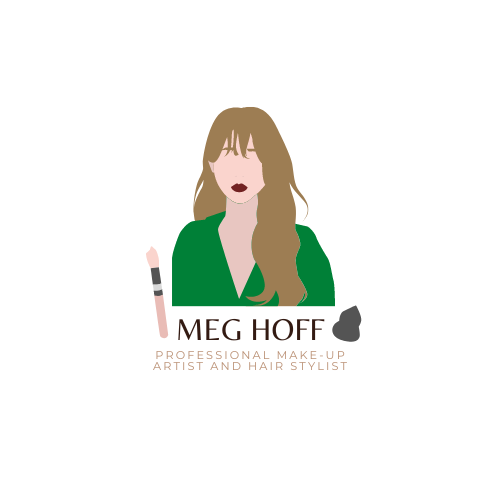For this task I have been asked to research in to Universities that offer a course in my subject area. The BIMM University has recently opened a BA (Hons) Hair and Make-Up for Screen and Film, at their Film and Screen School campus at Brighton.


This course runs adjacently with film making and production design courses, providing students with opportunities to experience industry settings and build a wide and valuable network of contacts.
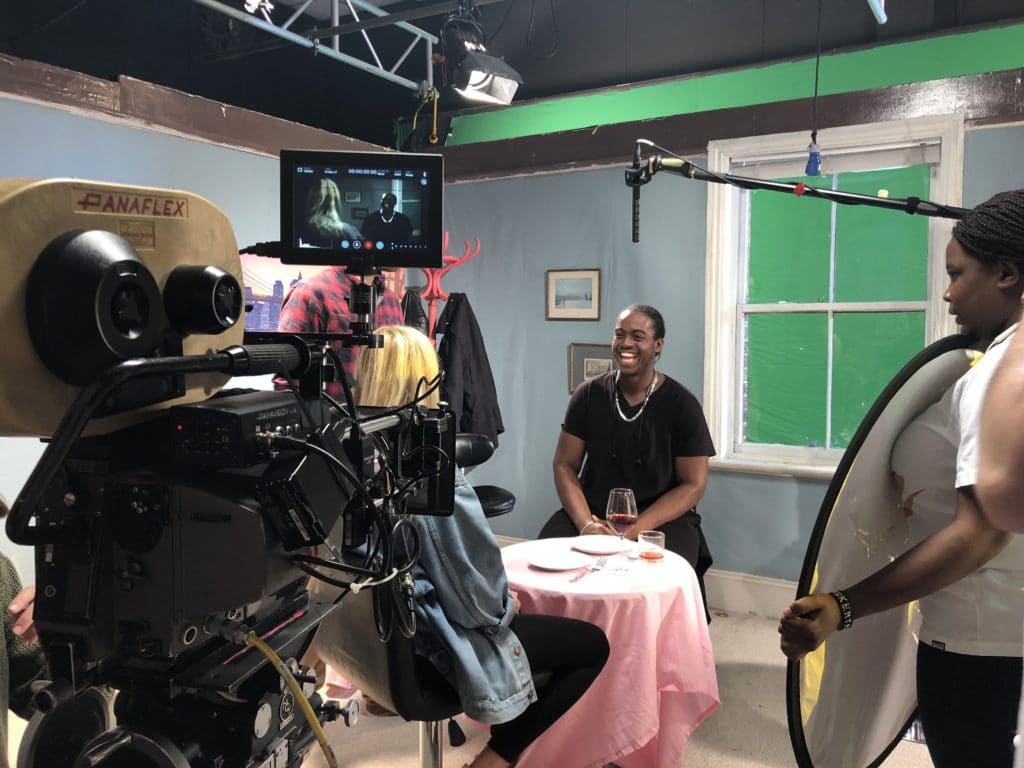
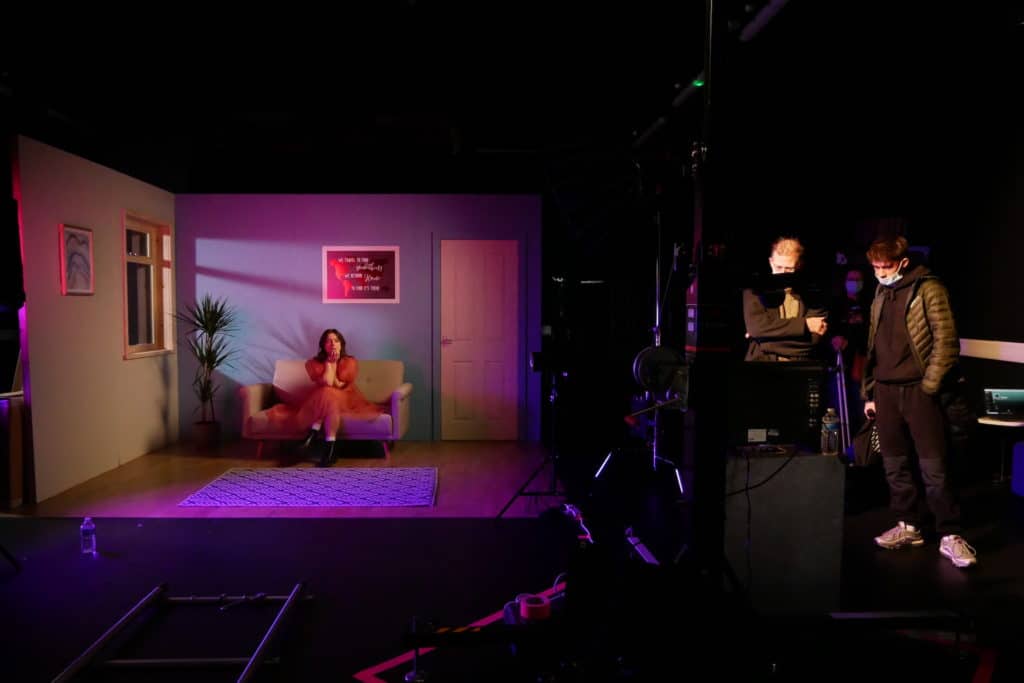
Entry requirements
Candidates for this course must have a minimum of 64 UCAS Points, which may include;
2 A levels at grade C or above, a BTEC Extended Diploma and grade MPP, a VTCT Level 3 Diploma in Hair or Make-Up – if an excellent portfolio is shown, an RSL Extended Diploma at a Merit grade, a UAL Extended Diploma with a Merit grade, a UAL Extended Diploma at a Pass grade, an International Baccalaureate with a minimum of 24 points, an Access to Higher Education Diploma at a Pass grade with at least 60 credits ( a minimum of 45 at Level 3 and 24 at merit or above), as well as at least three GCSE’s at grades 4-9, including English Language.
This university has a much lower UCAS tariff point requirements compared to similar universities, as their course is mostly practical based, meaning they are more interested in your practical abilities than your academic work.
Language requirements
For International students, an IELTS with a minimum of 6,0 points overall (with a 6.0 in writing and a 5.5 in all other elements) is required.
Study program
This course is taught over three academic years, each of which focusing on individual elements that are required for working in the Film and TV industry.
Year 1
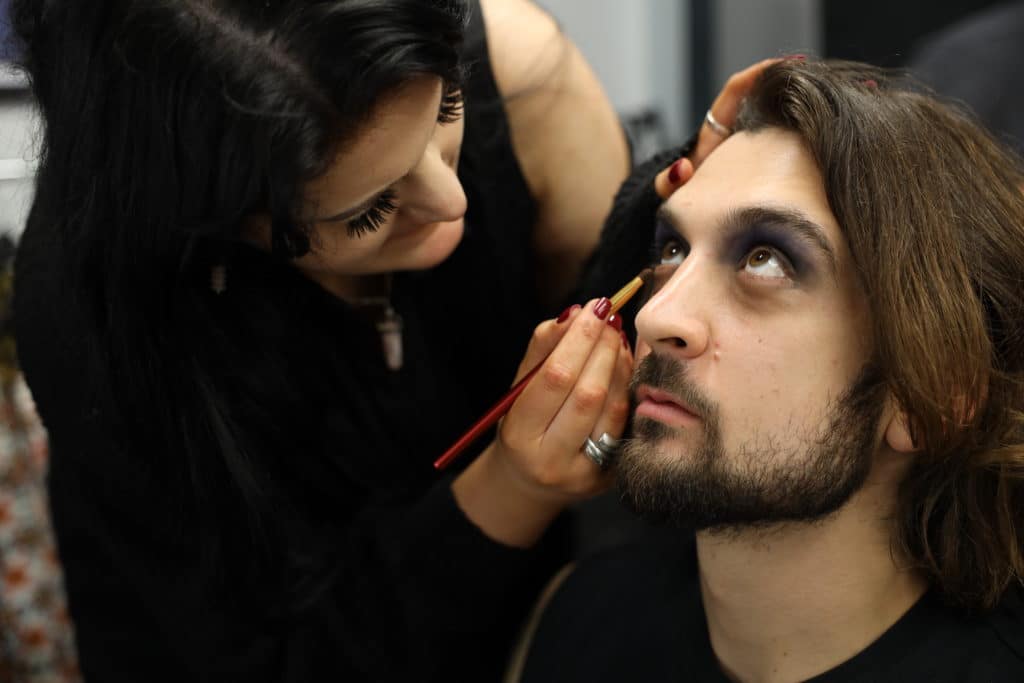
Year 1 consists of eight units;
The Creative industries and you ; finding your path – This first unit helps to broaden your knowledge of your available opportunities, and hopefully helps you discover your ideal career path.
Design and Inspiration – Next, this unit will allow students to learn practical and theoretical design principles, exploring how to effectively visualize and develop skills.
Hair and Make-Up essentials – This unit teaches foundational and practical grounding methods, techniques and processes of Hair and make-up that will be essential for work within the Film and TV industry.
Short film 1 – In this unit students will apply all the skills they have newly developed, in order to gain a crucial understaining of how a working film set works.
Collab, logistics and continuity – This unit will allow students to explore the practicalities of the Make-Up department, such as ; Schedules, safety and budgeting.
SFX – Next, this unit will give students an introduction into design and technical skills that are required when creating a look, using convincing SFX techniques.
Context and culture of the Creative Industries – This unit will allow students to develop a deeper intellectual understanding of the Creative industries Structure. Here, you will begin to investigate cultural issues that surround your practice.
Short Film 2 – In the final unit of the first year, students will be required to combine all the skills they have developed through the past months, allowing them to utilize and further develop their skill in all areas of their work.
Year 2
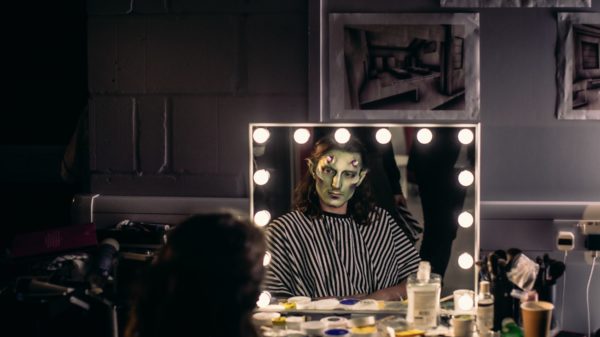
During year two, there are five core modules, along with optional modules.
Creative Industry and You 2 – In the first unit of this year, students will begin to discover how their work can be used to affect the society around them.
Creativity, Identity and Agency – In this unit, students will continue the exploratory research work they started in their context and culture unit during the first year.
Short film 3 and 4 – In these units, students will be required to apply and develop their skills from year one, and the optional modules they have chosen in year two.
Period make-up 1 – In this unit, students will build upon their knowledge to gain an advanced insight into the historical accuracy of period make-up and hair looks.
Optional units are included in the second year of study. Students can choose two options from a range of specialist subjects, including; SFX and aging, Hair dressing, Barbering, Wig making and Postiche, Prosthetics, Design and Digital VFX, Conceptual Body painting and airbrushing, Realism and Naturalism in Make-Up and Hair, and Period Make-Up and hair.
Year 3
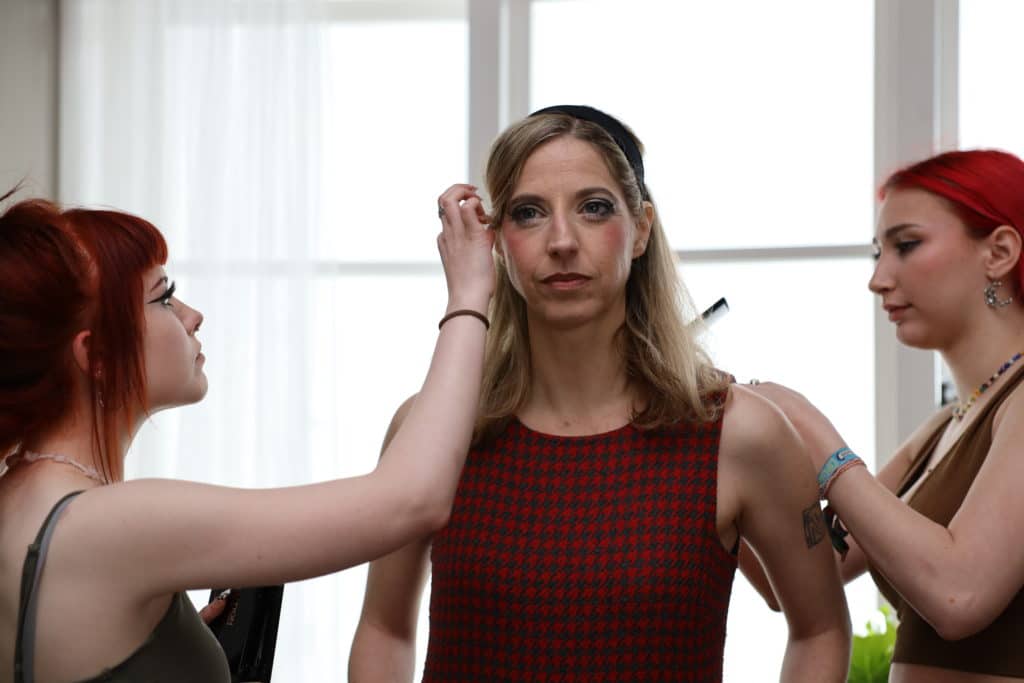
Year 3 consists of four core modules, as well as a further optional module.
Core modules
Creative Industries and you 3 – This unit is the final step in the progression journey, and helps students as they look to enter their chosen field as a qualified professional.
Final Major Project – In this unit, students are required to undertake a significant project of their own, allowing them to focus on, and explore their passion within the industry.
Hair and make-Up for Pre-Production – In this unit students must develop their FMP, perfecting the looks they are aiming to create.
Hair and make-Up Production realization – This unit is in place to advance a student’s design and development skills.
Optional Units – In the third year of study, students must choose one of the two optional modules from their second year to study further. This will then become the students’ area of expertise , as they have further specialized in this area.
Interview process
All applicants of this course will be required to create a portfolio to send to the university. Then, they must attend an applicant day, to partake in interviews, workshops, and meet their potential lecturers and class mates.

Open and closing dates
Screen and Film schools most recent opening dates were on the 10th and 25th of January. This university follows the UCAS deadline, with application closing dates on the 26th of January.
Fees and funding

For UK students, the tuition fees of this courses fall at £9250 per year, while the fees for international students come in at £15,950 per year. Rather than providing a kit, this university provides you with a list of essential products and equipment for you to buy, coming in at an average total of around £1200, additional products and tools will eventually need to be added.
Tuition fee loans are available through Student Finance England, a Government scheme, and must be repaid. These loans are non-income assessed, meaning your household income will not affect the amount you are eligible for, however you can choose the amount you take out. Furthermore, these loans are paid directly to your University to cover the fees of your course, meaning you don’t have to worry about direct debits each month. These loans may also be suitable for part time and EU students.
Maintenance loans are also given by Student Finance England, and are used to help pay for living and additional course costs. These costs may be used to pay for kits, uniforms, trips, stationary, rent, food etc. They are paid directly to your bank account in three installments through the year, and are means tested. This means your household income will affect the amount you are eligible for, for example;
Those living with their parents can receive a maximum of £8171 per year, whereas those living alone may be eligible for up to £9706 per year.
Bursaries are available through the government for those in need, but the university itself does not offer bursaries, grants or scholarships.
Location






Screen and Film School’s Brighton campus, is placed in a hub of the arts and creativity. Brighton boasts a large range of natural sights and urban architecture – making it the perfect place for filming locations and story inspiration. This means that this area is a great place to live for those in the film and TV industry, as it provides many work experience and networking opportunities. There are also many shops, restaurants, and bars. Brighton also hosts a diverse, inclusive and exciting nightlife scene, great for those who like a party.
Progression
This course may lead to many roles within the Film and TV industry, including; hair and Make-Up artist, Wig maker, SFX technician, Prosthetic designer, Photography, Production, Scouting, Editing, Marketing and more.


